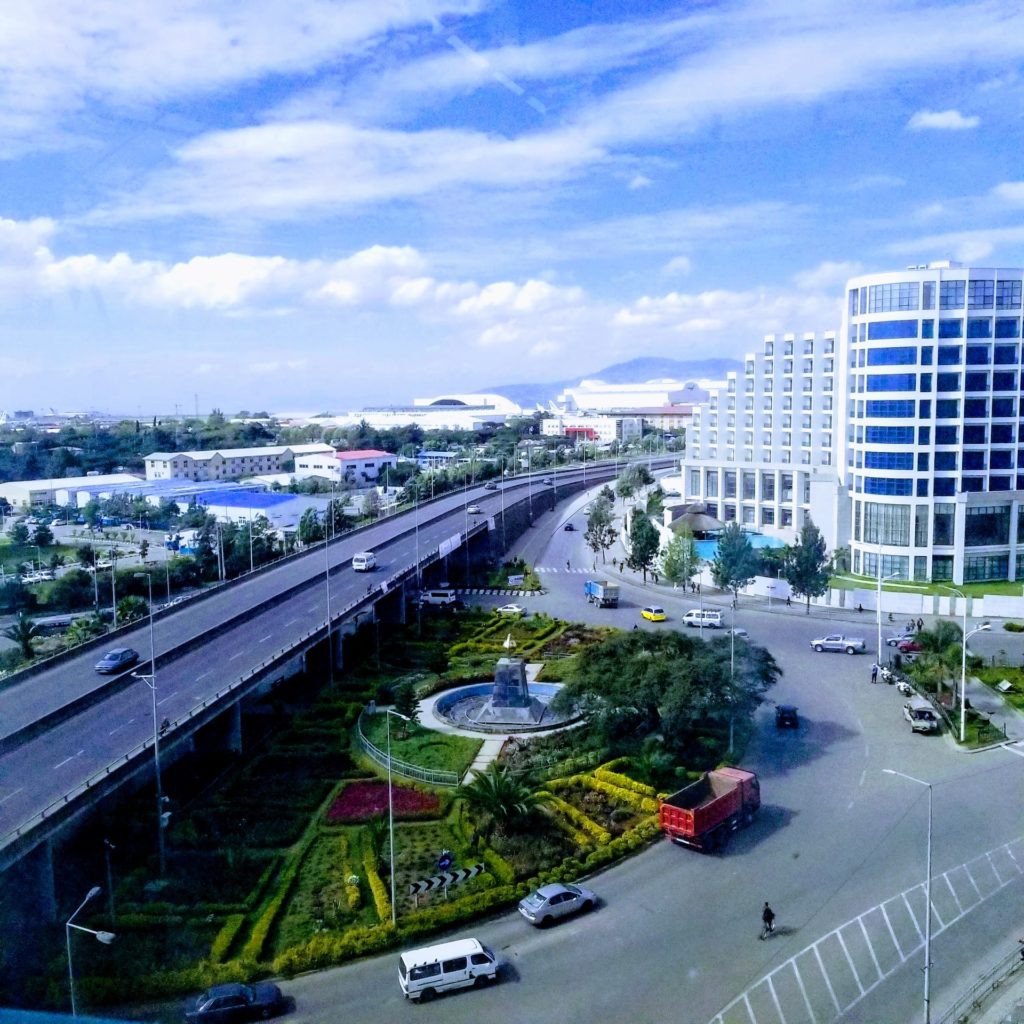Ethiopia’s expanding economy and the fact that many of its industries are still mostly untapped can make the country’s commercial potential seem intimidating. This creates a chance for those who are actively enterprising and expecting to gain a larger share of Ethiopia’s expanding economy.

There are no longer any justifications for those who desire to use business to improve their lives and the lives of their families. Especially now that Prime Minister Abiy Ahmed is tackling large corporations and paving the way for small to medium-sized traders, manufacturers, and service sector participants through new reforms being implemented.
The only things required for the average Ethiopian to increase his income and lead a fulfilling life are hard work, devotion, and discipline.
Here is a list of business prospects that can be helpful for people looking to start a successful and profitable business in Ethiopia, regardless of their level of financial support.
Building management
Facility management is another name for the business of building management. A residential or commercial building’s hard and soft services must be under the control of the building management company.
Soft services include cleaning, landscaping/gardening, security, and other human-sourced services, whereas hard services pertain to tangible structural services like elevators/lifts, fire alarms, etc.
Ethiopia already has hundreds, if not thousands, of brand-new structures, both commercial and residential. Building management services are in high demand. Tsehay Real Estate in CMC uses a building management service to handle all of the resident’s needs, including cleaning (maids), security (security guards, cameras), water and electricity bills, gardening, etc. The Chinese are solely responsible for the sale and construction of the apartments; the firm they hired is in charge of managing the building’s operations daily.
Residents currently pay a monthly fee of 38 USD or around 1,000 ETB. The company makes roughly 646,000 ETB, or 24,000 USD, a month from its 13 buildings and 646 residential units.
Brick making
Construction of homes, workplaces, shopping centers, public buildings, etc., has practically exploded in Ethiopia. However, this boom in the building industry is not just benefiting large businesses with abundant financial resources.
Small and medium-sized firms can benefit greatly from Ethiopia’s construction boom by becoming involved.
The price of a single automatic brick-making machine is in the neighborhood of 29,180 ETB or $1,080.
The government’s access to land and the need for a steady supply of water, both of which are required for the mass production of brick blocks. They are two major impediments to Ethiopia’s brick industry;
- Using above-ground water tanks and wooden pallets, lift the blocks until they are firm,
- Some water-related barriers may be reduced by using ground-level water containers.
Cleaning services
In Ethiopia, the demand for cleaning services or janitorial contracting services is rising. This is a result of the large number of offices, particularly in Addis Ababa. The demand for cleaning service providers is growing as there are more NGOs, multinational corporations, and local enterprises.
Contrary to other nations, particularly those in the developed world, Ethiopia does not frequently offer cleaning services for furniture, walls, or floors.
In Ethiopia, there were just 48 cleaning services with a license as of 2014. Entrepreneurs should be aware that this industry is particularly profitable due to its low input costs and relatively easy access to human resources in Ethiopia.
Solar panel sales and service
When the record-low prices of solar panels are combined with the rapid development of battery storage technology, Ethiopia has the makings of a very profitable and successful business model.
Ethiopia’s Ministry of Environment, Forestry, and Climate Change (MoWIE), Ethiopia Standards Agency, and Ministry of Water, Irrigation, and Electricity has proposed a new residential solar panel import standard.
The market for low-quality panels, which are frequently imported from China, will start to shrink as a result of this significant development for the country’s solar panel sales. As a result, there is a disparity between solar panel production and demand.
Now, any business or ambitious person can take advantage of this circumstance and import solar panels following the new requirements.
Additionally, Ethiopians can import them with incentives because of US government initiatives for Africa.
You may also find these articles helpful
Company registration in Kenya
Company registration in Eritrea
Selling a company in Ethiopia






